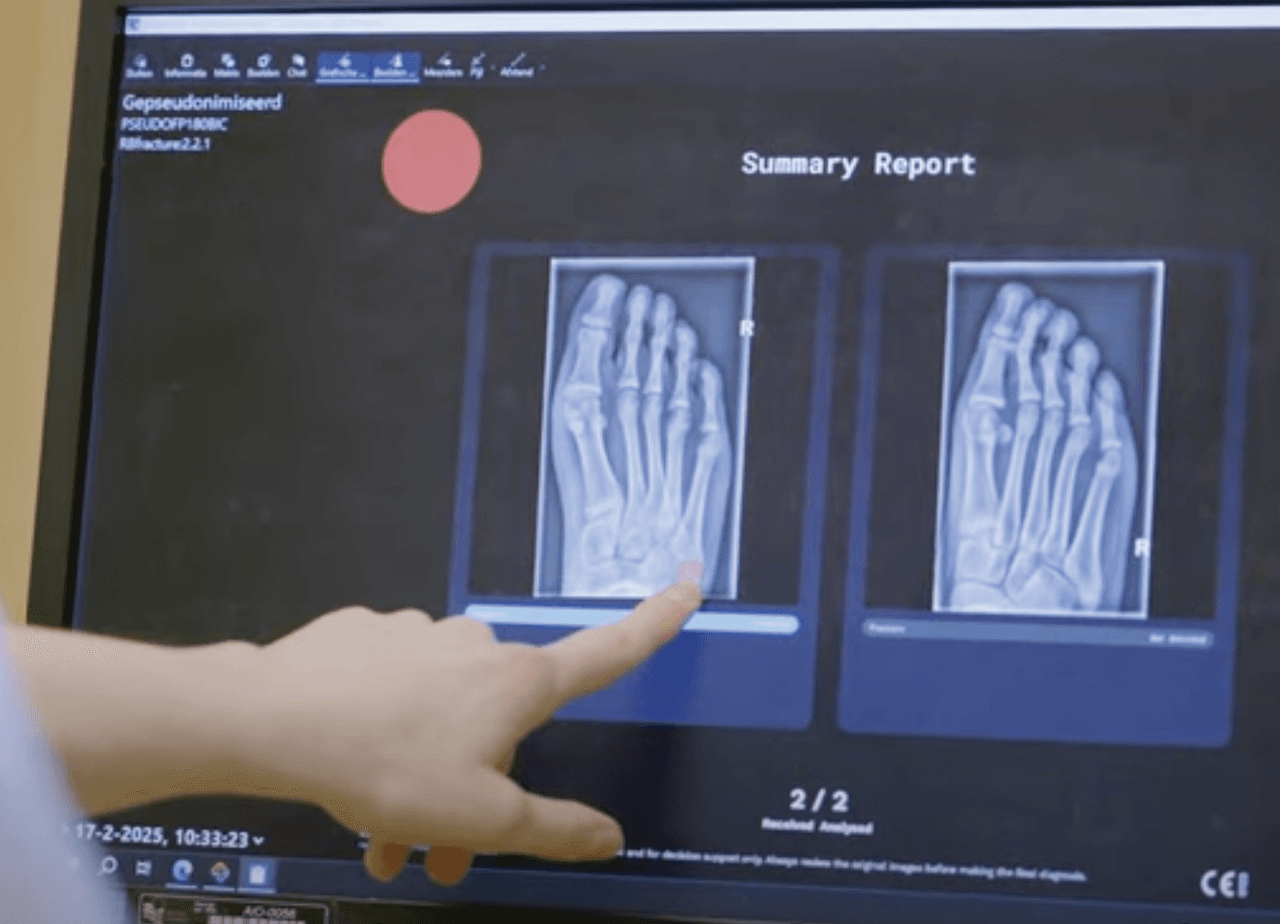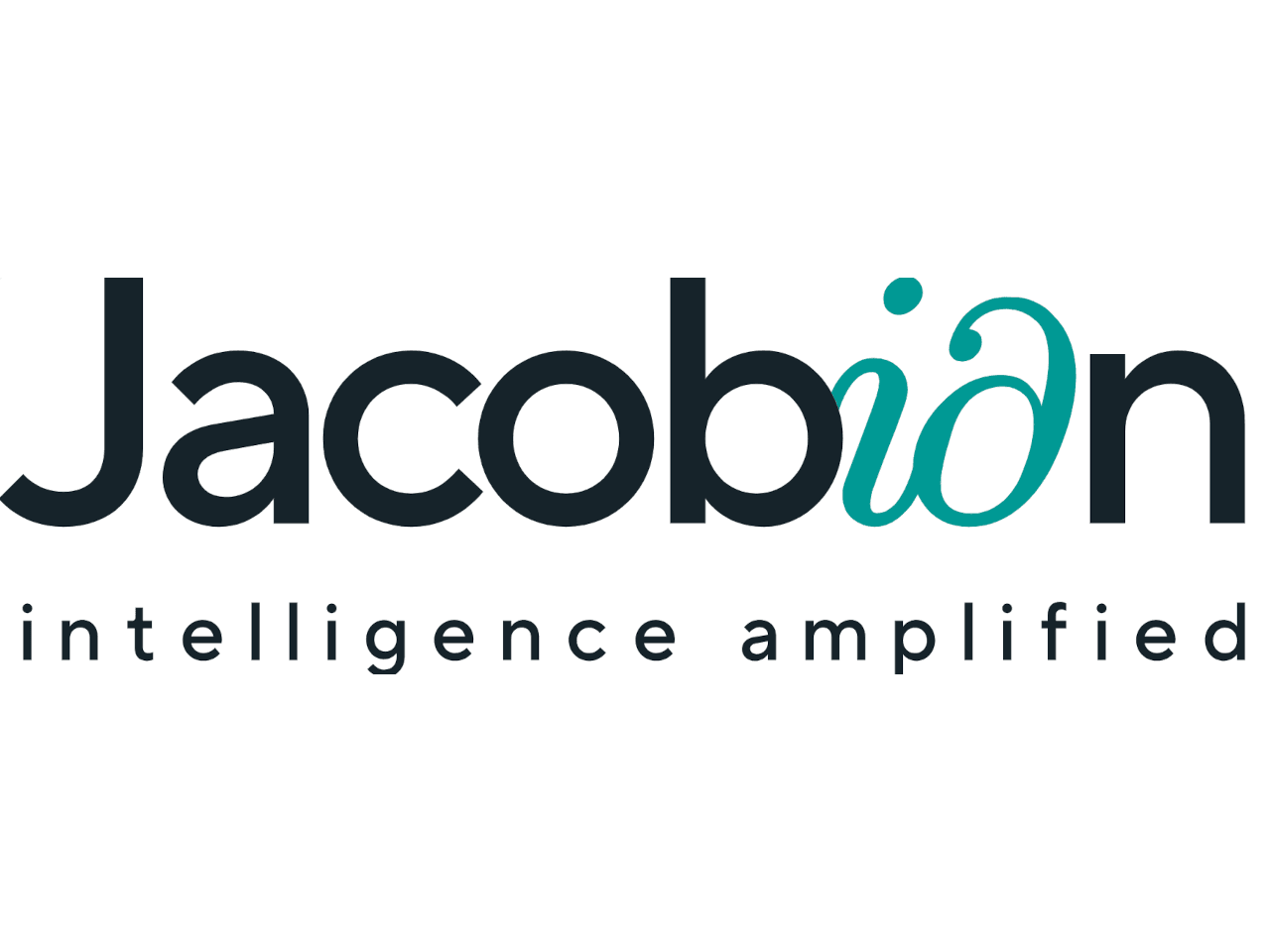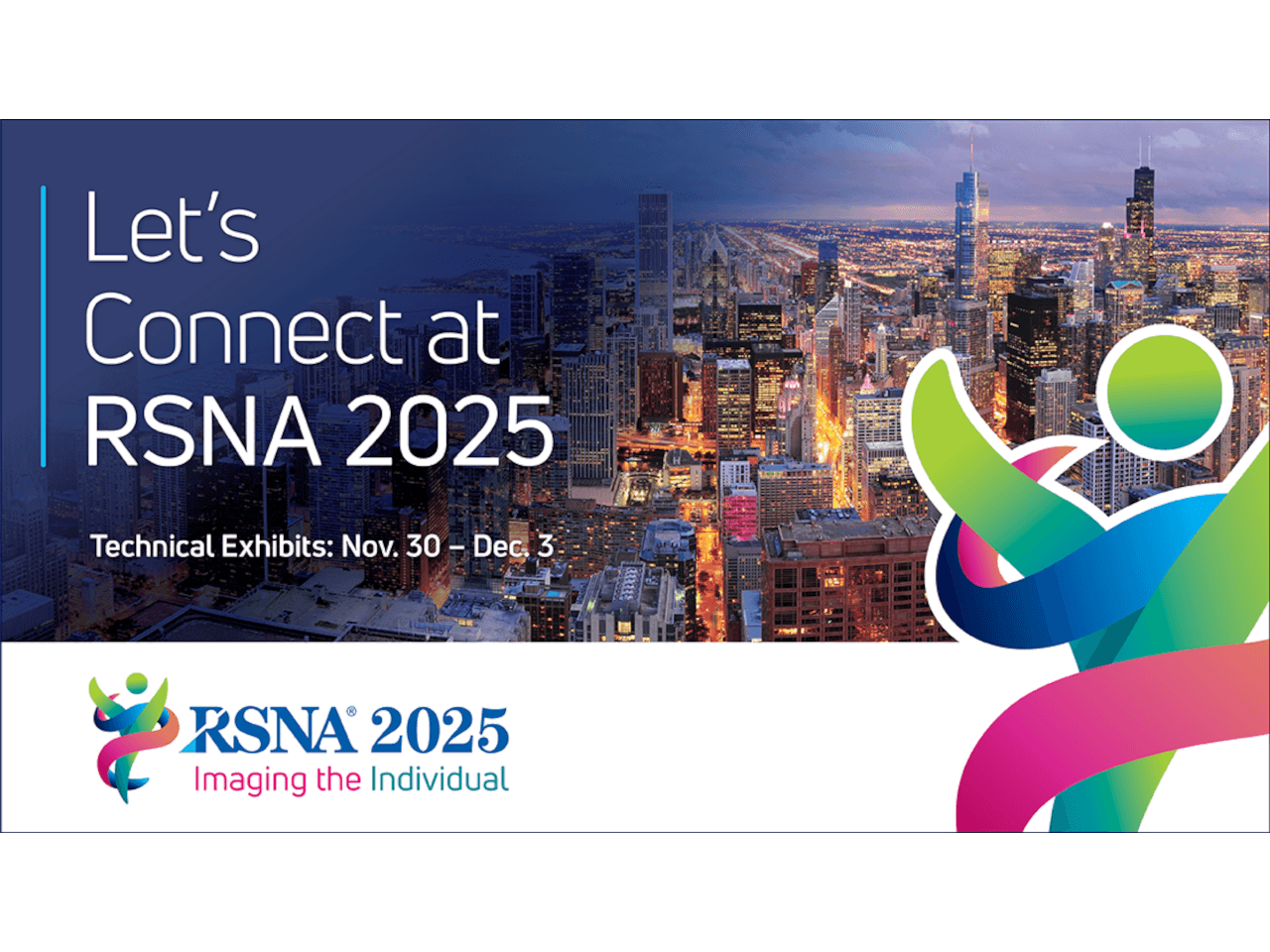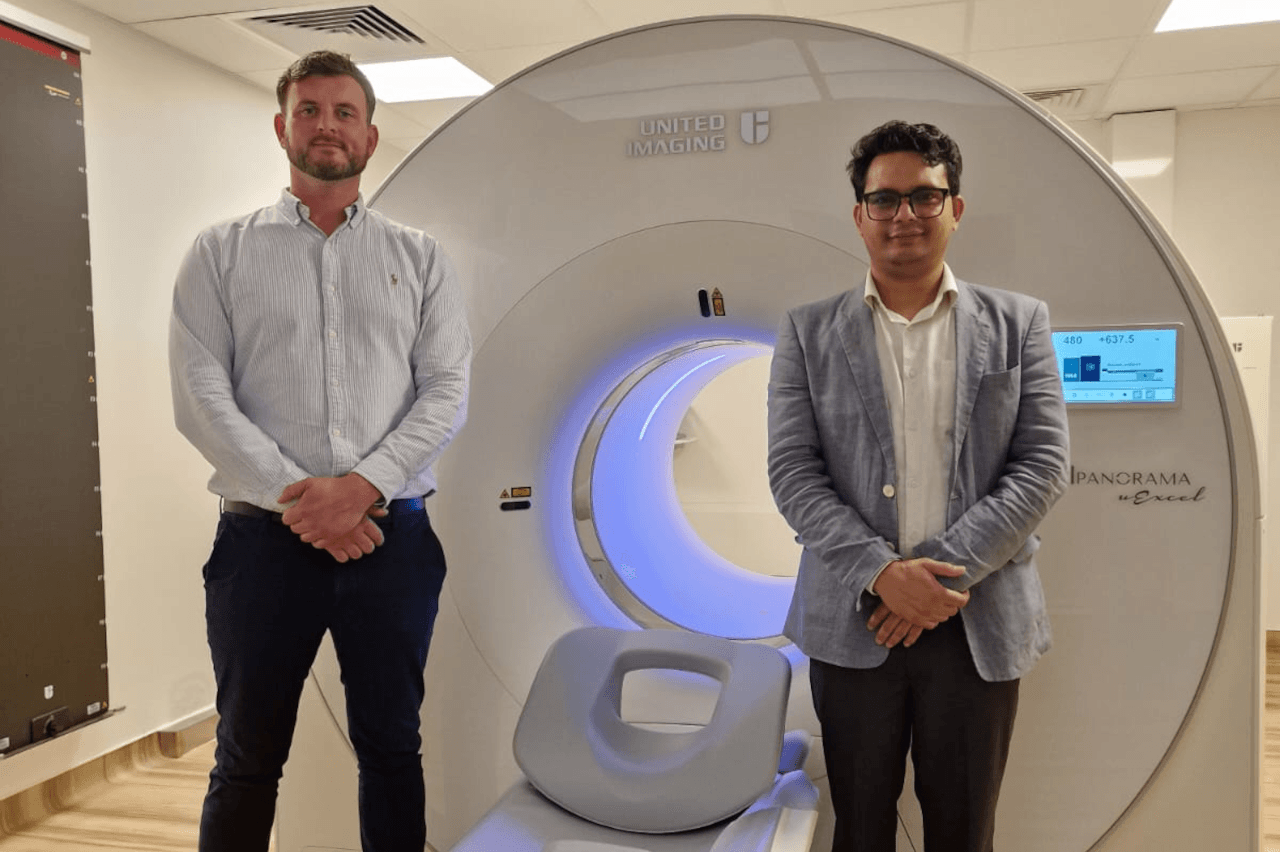
Geoffrey Hinton, known as the Godfather of AI, said nine years ago: “People should stop training radiologists now.” Radiobotics, a company that creates AI-powered solutions that assist clinicians in making faster, more accurate diagnoses, responds: “If AI isn’t replacing radiologists, what is its role? And what should its role be?”
Clinical decision support (CDS) systems help healthcare professionals make informed, confident choices, but the final decision always remains with the clinician, Radiobotics says. For AI tools such as its RBfracture platform, decision support means operating on two fronts: firstly, reducing missed fractures by identifying subtle or unexpected findings and, secondly, reinforcing negative findings, giving clinicians confidence to discharge patients safely when no fracture is detected.
In both cases, the AI acts as a second set of eyes, providing structured, consistent feedback that clinicians can verify and act upon. Even with high accuracy, handing over final diagnostic authority to AI would be premature and could undermine trust in clinical judgement. Medical decisions rely on more than pattern recognition; they require understanding of context, history and ethics.
“What should AI’s role in decision making be?” the company asks. “It’s not just the complexity of handing over a high stakes decision to AI. It’s the idea that ‘AI should do the laundry so that I can do art.’
“We see AI regularly ‘doing art’ for consumer-grade uses: ChatGPT writes poetry, Sora is generating more realistic looking videos, etc. However, in healthcare, the ‘laundry’ is systemic: processing routine cases, confirming positives and marking obvious negatives. And if AI can support a clinician in doing their laundry, imagine the time they can free up for nuanced cases or simply to provide better care,” the company concludes.
Picture: AI acts as a second set of eyes, providing structured, consistent feedback that clinicians can verify and act upon.
Visit Radiobotics at RSNA on stand 5436 South Hall.
This news story has been sponsored by the companies concerned and does not represent the views or opinions of RAD Magazine. Visit our dedicated RSNA conference page to find out more.


